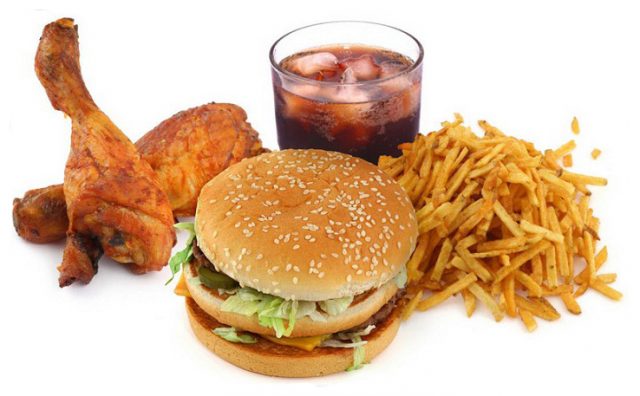One of the key substances monitored in the body is the level of low-density lipoprotein (LDL), commonly referred to as bad cholesterol. High levels of LDL can accumulate on the walls of blood vessels, leading to serious health conditions like stroke and heart attack.
To stay healthy and strong, it’s essential to prevent the continuous rise of LDL levels in the blood. One effective way to do this is by avoiding foods high in LDL cholesterol. Below is a list of common foods that are high in bad cholesterol and should be consumed in moderation or avoided altogether.

Foods High in Unhealthy Cholesterol
- Egg yolks. While eggs are a rich source of protein, their yolks contain high levels of bad cholesterol, making them a concern for those monitoring their LDL levels.
- Butter. Butter is made from milk fat, which is rich in LDL cholesterol. It is a common ingredient in many recipes but should be used sparingly.
- Fatty meats. Saturated fats from fatty cuts of meat are a significant source of LDL cholesterol. Limiting these foods can help reduce bad cholesterol levels in the body.
- Fast food. Many fast food items, such as hamburgers, french fries, and fried chicken, are high in unhealthy cholesterol due to their preparation methods and ingredients.
- Liver. While liver is rich in iron and can be beneficial for those with iron deficiencies, it also contains high levels of LDL cholesterol. It’s best to consume it in moderation.
- Ice cream. A favorite dessert, especially in hot weather, ice cream is made with milk fats that are high in LDL cholesterol. Overindulging can contribute to unhealthy cholesterol levels.
- Fatty prawns or crabs. Popular seafood like prawns and crabs, especially those with fatty parts like crab roe, are high in LDL cholesterol. Moderation is key when consuming these foods.
- Snack foods. Chips and other salty snacks are not only sources of LDL cholesterol but also high in sodium, which can raise blood pressure and harm kidney health.
Avoiding or reducing the intake of these cholesterol-rich foods is a critical step toward maintaining good cardiovascular health. While some of these foods may be tempting or even nutritious in other aspects, managing portion sizes and frequency of consumption can make a significant difference in keeping LDL levels in check. If you are concerned about your cholesterol, consult a healthcare professional for advice on a diet plan tailored to your needs.


